“Should I fight or should I film?” No, that’s not a Clash outtake. It’s what Artem Ryzhykov asked himself as he observed the Maidan Revolution in Kyiv in 2014 — a protest that sprawled over several months, as citizens took to the streets to bring down the Russian puppet leader President Yanukovych, in an uprising that presaged the war that has now engulfed Ukraine. The protest began with a surge of hope and fervor and ended in a bloodbath; Ryzhykov himself got hit by a pair of bullets (we hear the two shots as he’s filming). “My camera was blown to pieces,” he says. The Maidan Revolution succeeded in hounding the president out of office, but Russia responded by invading Crimea.
When the current war began, with Vladimir Putin launching his invasion on Feb. 24, 2022, Ryzhykov made a decision: He would fight and he would film. He became a filmmaker soldier, steeped in the trenches but relentlessly holding his camera, carving out the existential historical record of what went on.
Watching “A Simple Soldier,” we can’t help but ask: Is Artem Ryzhykov, talking to us from behind his camera, a kind of semi-invisible semi-narcissist, an ardent but facile verité documentarian? Or does he use his point-of-view to haunt and lift the images? I think it’s the latter, with perhaps a hint of the former. Yet the images in “A Simple Soldier” are open-eyed, harrowing, indelible. We’re right there, in the middle of the chaos and the national breakdown. The film, co-directed by Ryzhykov and the Columbian-German documentary filmmaker Juan Camilo Cruz, colors in everything we’ve heard and read and seen about the war in Ukraine in the way that “20 Days in Mariupol” did, only this one captures a slice of war that’s almost more vividly ordinary.
We meet Artem’s wife, Ira, just after the two have gotten together, as he introduces her to his parents (mother whispering ecstatically toward the camera she thinks is off: “Where did you find her?”). Eight years later, just weeks before the Russian invasion, 150,000 Russian troops amass, and the two are driving along a road, the lights on the side of the road blinking on and off. Artem says that it’s like a movie, and Ina observes, “It’s on the verge of both horror and romance.” That’s exactly right.
It may sound naive to say that there’s a “romance” to war, but it’s certainly not wrong to say that war can draw people closer. And in “A Simple Soldier,” we see war draw the citizens of Ukraine closer. The film has its eye on Territorial Defense, which means that the soldiers in training we’re watching are civilians. (“On Saturdays we wear our uniforms and become soldiers.”) Eligibility for the draft is ages 18-60. Artem, very Slavic looking, with longish blondish hair, says that in his whole life he never touched a gun, and that he made a promise to himself: His camera would be his weapon. And it will be. (But his gun will be too.)
The film’s raw chapters have titles like “Irpin, Day 19” (Irpin is a city in northern Ukraine). There is ordinary life: a soccer game. And there is ordinary horror: a dead dog, blood dripping from its mouth. We see charred and mangled lower body parts in an area dotted with land mines. A soldier gripes that Artem is endangering other men with his camera, and tells him to get the fuck out.
“Khariv, Day 72.” Artem has chosen to be a drone pilot, because he thinks they can win the air war, and also because the skill set required rhymes with his skills as a cinematographer. He’s spying from the air, he’s observing, he’s filming. A woman in his back seat cries, “Poor Khariv, what a beautiful city it was.” We look at the semi-ruins and try to imagine the city she’s talking about. Artem’s father dies, because he was ill and the local hospital was bombed. That’s what this war does.
The most haunting comment in “A Simple Soldier” may be from a woman named Marta, who says, “It’s absurd, this war. It’s complete nonsense. I still can’t grasp that we’re in the midst of it. I don’t know why we were torn out of ordinary life. None of us have a spare life.” And that’s the film’s wrenching upshot. We’re watching a cinematographer turned soldier turned filmmaker who is really a citizen recording a life that’s been subsumed in the totality of war. Near the end, at the wheel of his car, Artem lets out a scream. It’s like hearing the inner anguish of Ukraine, a nation that has been torn out of the very life it’s fighting for.

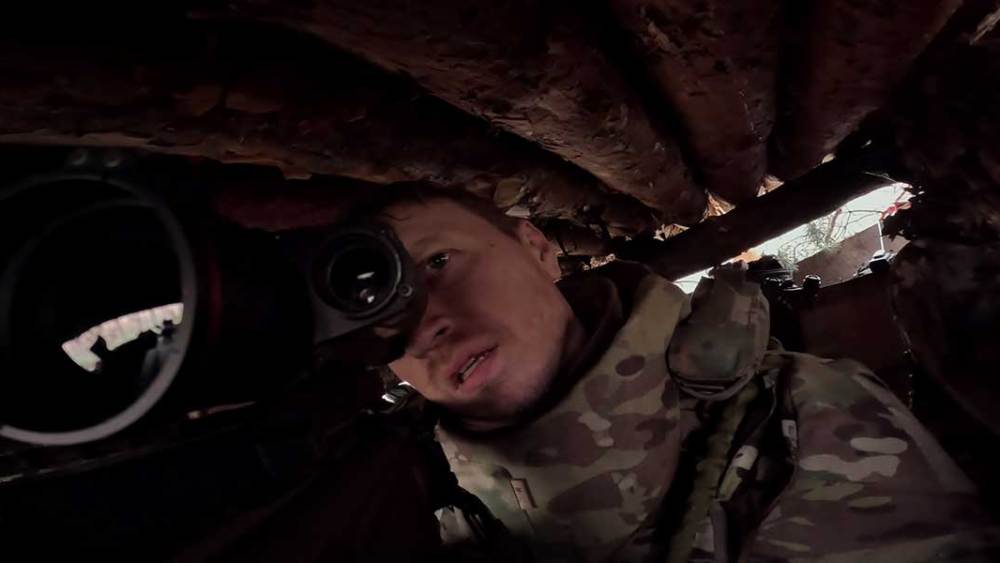
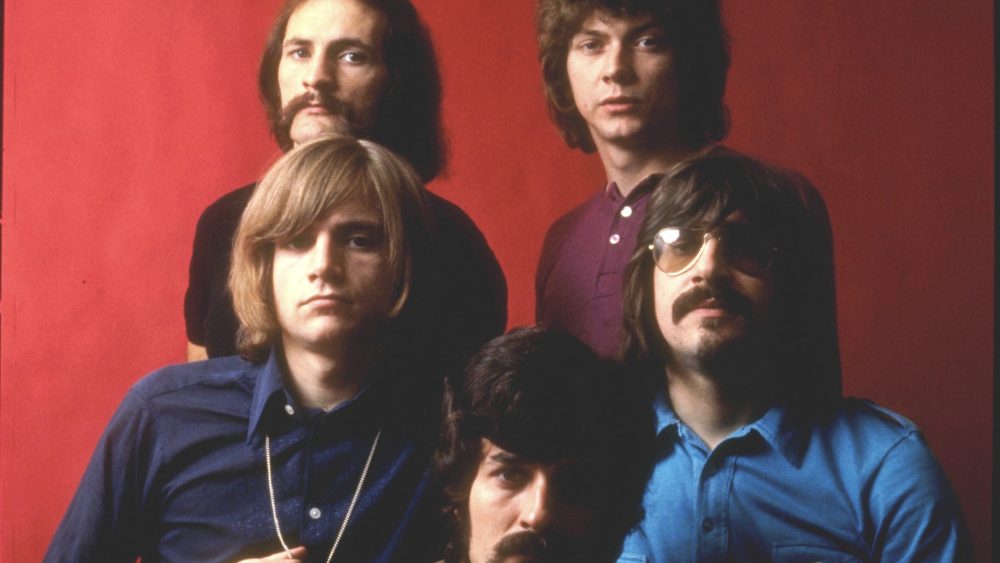
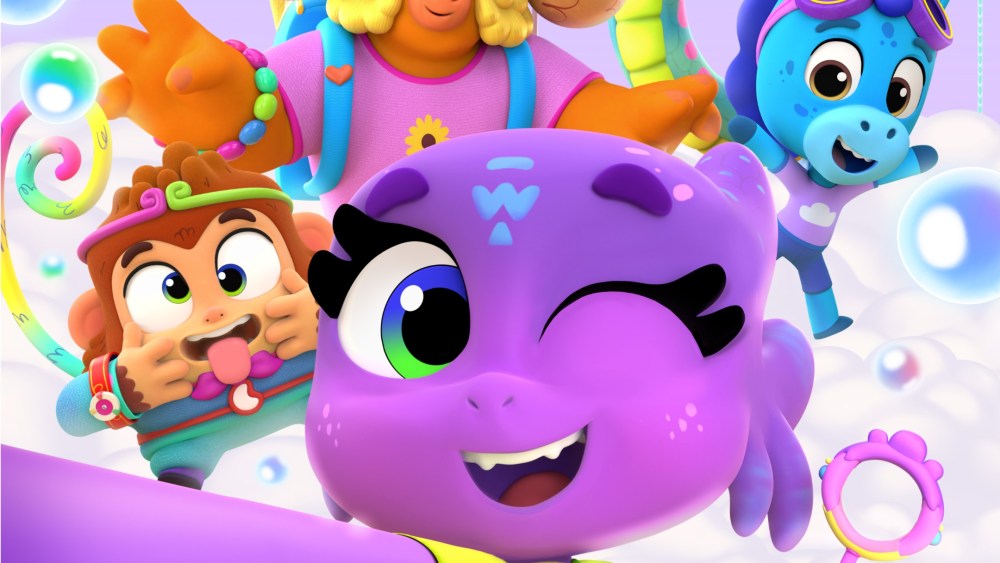


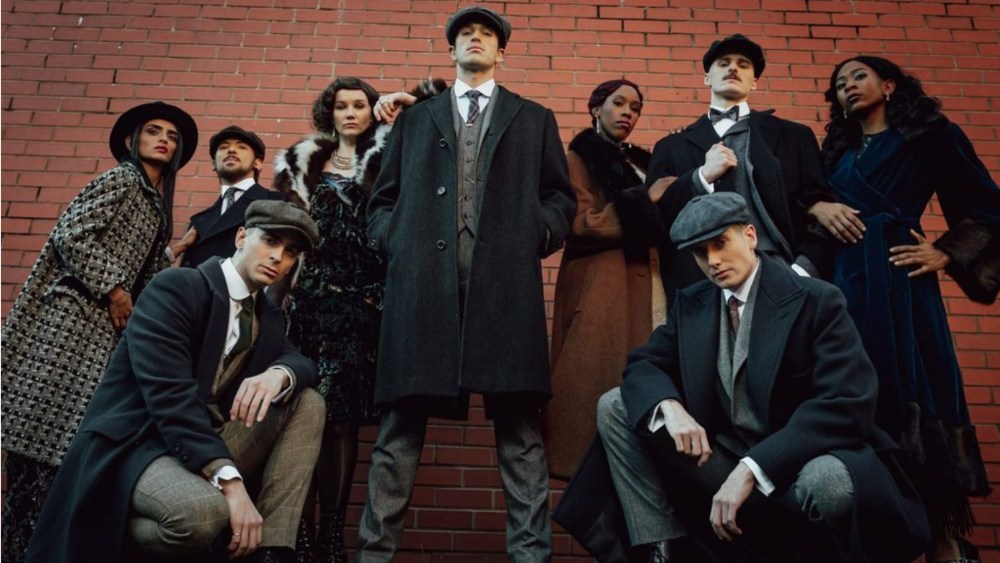

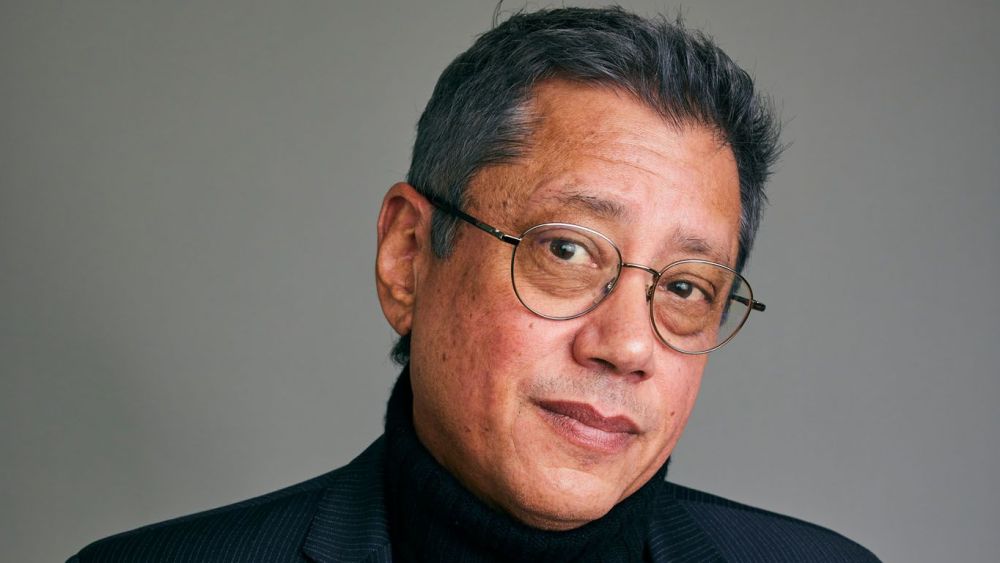


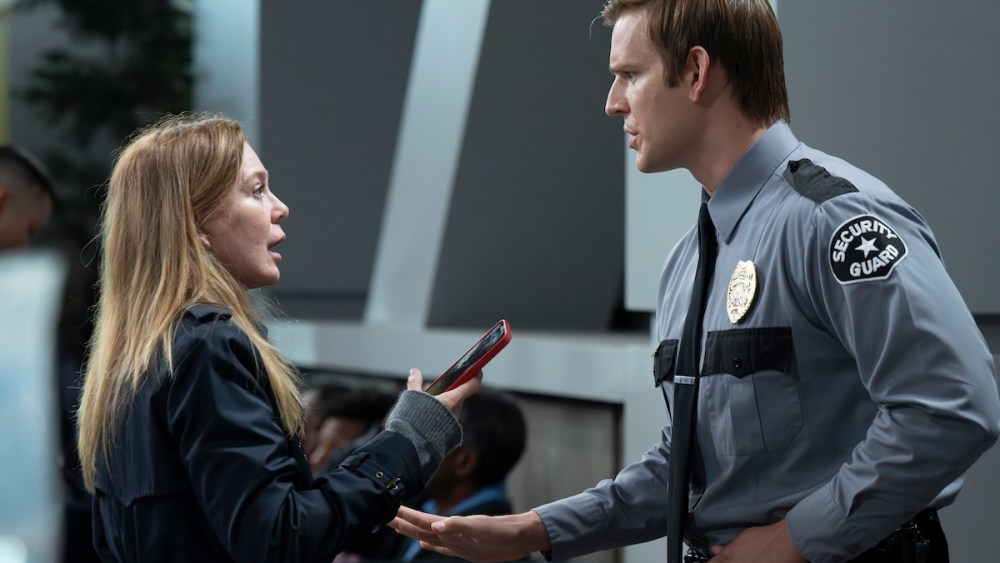



Leave a Reply